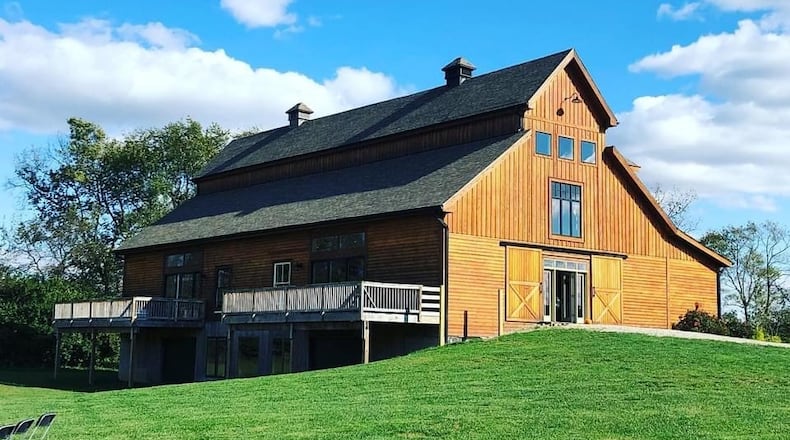“In fact, this court specifically finds Mr. Powlette disobeyed the court’s December 29, 2021, order and that the evidence demonstrates intentional disregard of the court’s order,” Skelton said in his ruling.
He went on to say that “in certain respects, the court finds Mr. Powlette’s conduct reprehensible.”
“It appears to this court and the court specifically finds that the defendant Powlette engaged in some type of ‘game playing’ with the specific intent to ‘get around’ the court’s order,” he said. “Get around this: Sanction of Fifty Thousand Dollars payable within 30 days to plaintiff.”
Judge Skelton also ruled that attorney fees be awarded to the township and that a hearing is to be scheduled per a telephone conference at 8:30 a.m. Sept. 7.
Skelton’s December ruling against Powlette sided with township officials, saying Stoney Hill Farm’s activities at a former “horse barn” at 7757 Upper Miamisburg Road violate a section of the township’s zoning code “in that the use of the property for celebratory events, such as weddings, does not constitute ‘agri-tourism’ as defined in Ohio law.”
The ruling said Powlette and Stoney Hill Farm — are prohibited from renting, leasing or otherwise operating for a fee at the barn “for weddings, receptions, graduation parties, or other celebratory events.”
Powlette told this news outlet Thursday the December ruling by Skelton “wasn’t ‘don’t have weddings,’ it was ‘don’t have them for a fee.’”
“So I wasn’t trying to get around anything,” he said. “I just gave them a free wedding.”
Powlette, who earns his living building homes, said when Skelton’s initial ruling came out, his attorney told him he had two choices: “either cancel the wedding and refund their money, or refund their money and have it for free.”
“I’m like ‘Well, sure. I’ll have it for free,’” he said.
Events held on his property have either been his own personal parties, unpaid private events, or set-up for either, he said.
Powlette said, “No one can stop a private citizen from holding a wedding in their backyard.”
“Once there was no fee involved, legally I was allowed to hold the wedding, and I did,” he said. “My barn would sit empty (otherwise), so it doesn’t cost me anything to hold a wedding.”
He said he obtained a liquor license three weeks ago, something he said he’ll use as part of his reliance on a 2017 Ohio Supreme Court 2017 ruling that those who have a winery and a vineyard and sell a bottle of wine to a bride or groom can thereafter hold a wedding on their farm.
Asked for comment, Miami Twp. emailed a statement, saying, “We acknowledge the judge’s decision and see a clear message to Mr. Powlette that he should immediately abide by the previous court order to cease utilizing the property in a manner that is in violation of the agricultural zoning in the community.”
Trustee Terry Posey Jr. told this news outlet: “I’m pleased the judge has recognized the seriousness of the issues, and hope the court’s decision will be followed.”
About the Author

